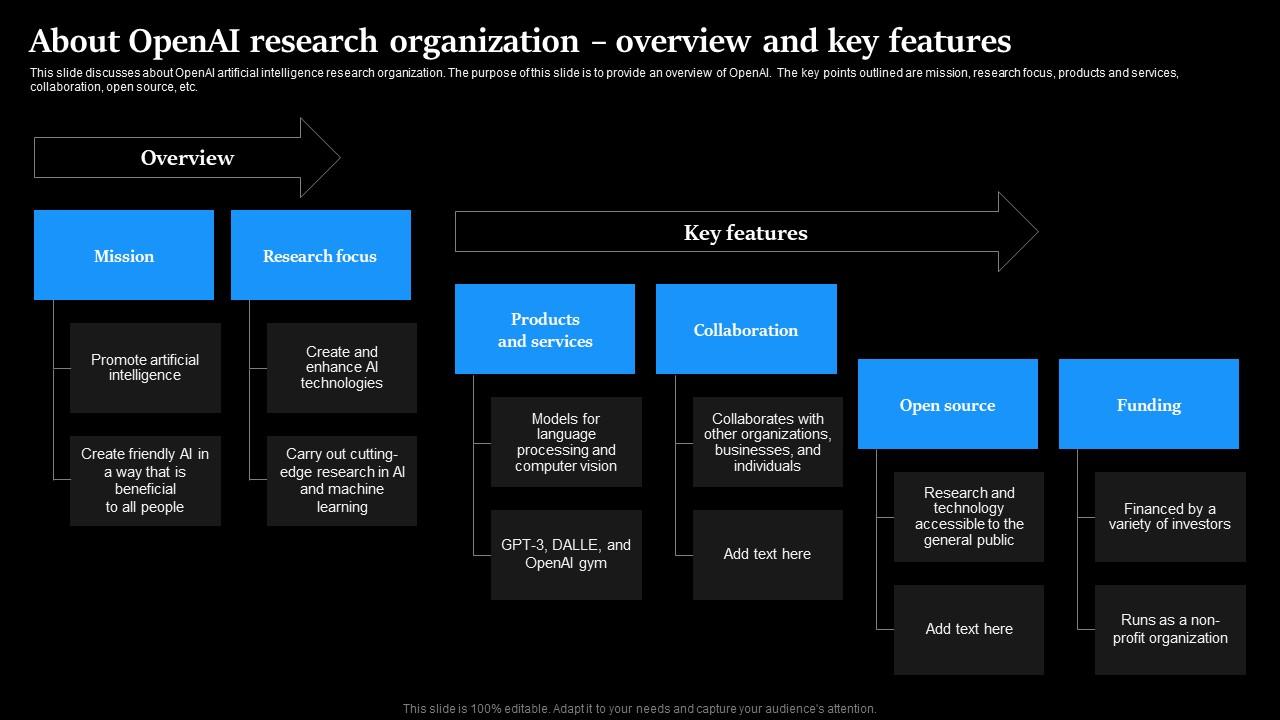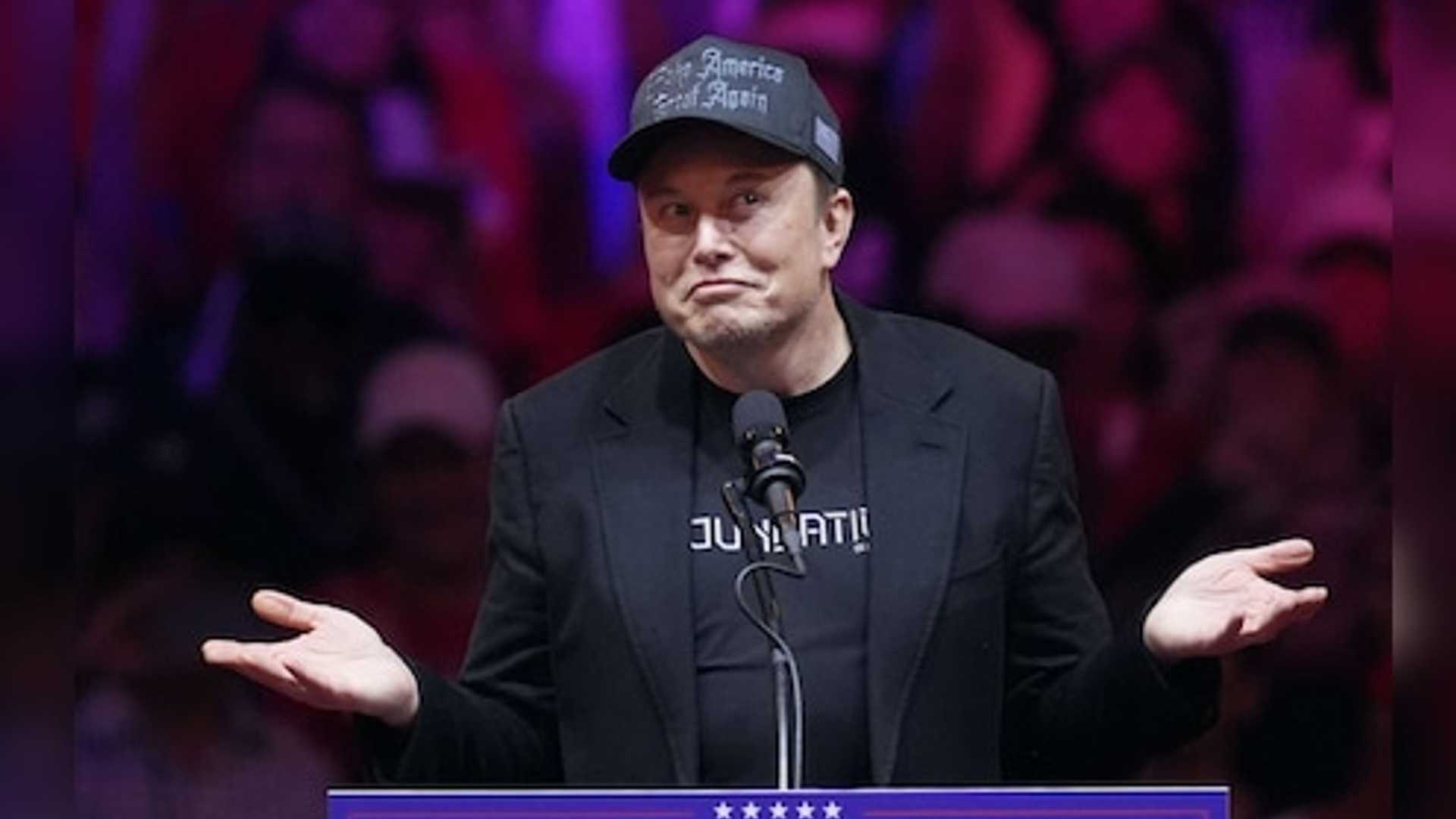OpenAI board rejects $97.4 billion Elon Musk bid to take company ...
The board of directors at OpenAI has unanimously rejected a bid from Elon Musk to acquire the company for $97.4 billion. OpenAI is a research organization focused on developing artificial intelligence in a safe and beneficial way. The rejection of Musk's bid signifies the board's commitment to maintaining the independence and integrity of the organization.
Background of the Bid
Elon Musk, the billionaire CEO of SpaceX and Tesla, has been a significant supporter of OpenAI since its inception. Musk was one of the co-founders of the organization and has provided funding to support its research efforts. However, Musk's recent bid to acquire the company raised concerns among the board members about the potential impact on OpenAI's mission and values.

Board's Decision
After careful consideration and deliberation, the board of OpenAI decided to reject Elon Musk's bid. The board members expressed their gratitude for Musk's past contributions to the organization but emphasized the importance of preserving OpenAI's independence and autonomy. The decision reflects the board's commitment to advancing the field of artificial intelligence in a responsible and ethical manner.
Implications of the Rejection
The rejection of Elon Musk's bid has sparked discussions within the tech community about the future direction of OpenAI. Some industry experts believe that maintaining independence is crucial for the organization to continue its groundbreaking research and collaborations.

Others speculate about the potential alternative strategies that OpenAI may pursue in light of this decision.
Conclusion
In conclusion, the board of directors at OpenAI has made a significant decision to reject Elon Musk's bid to acquire the company. This decision underscores the organization's commitment to upholding its values and mission in the field of artificial intelligence. As OpenAI moves forward, it will be interesting to see how the organization navigates the implications of this rejection and continues its pioneering work in AI research.










